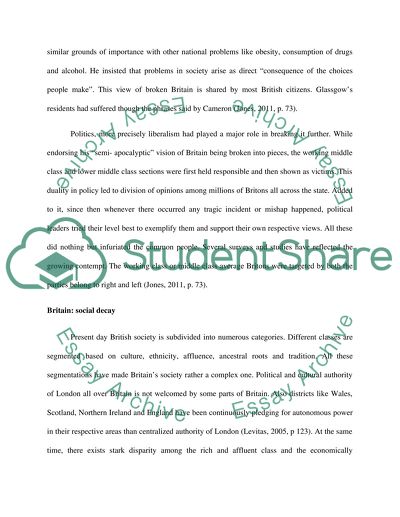Cite this document
(“Discuss who is responsible for creating a 'Broken Britain' Essay”, n.d.)
Discuss who is responsible for creating a 'Broken Britain' Essay. Retrieved from https://studentshare.org/education/1474518-discuss-who-is-responsible-for-creating-a
Discuss who is responsible for creating a 'Broken Britain' Essay. Retrieved from https://studentshare.org/education/1474518-discuss-who-is-responsible-for-creating-a
(Discuss Who Is Responsible for Creating a 'Broken Britain' Essay)
Discuss Who Is Responsible for Creating a 'Broken Britain' Essay. https://studentshare.org/education/1474518-discuss-who-is-responsible-for-creating-a.
Discuss Who Is Responsible for Creating a 'Broken Britain' Essay. https://studentshare.org/education/1474518-discuss-who-is-responsible-for-creating-a.
“Discuss Who Is Responsible for Creating a 'Broken Britain' Essay”, n.d. https://studentshare.org/education/1474518-discuss-who-is-responsible-for-creating-a.


